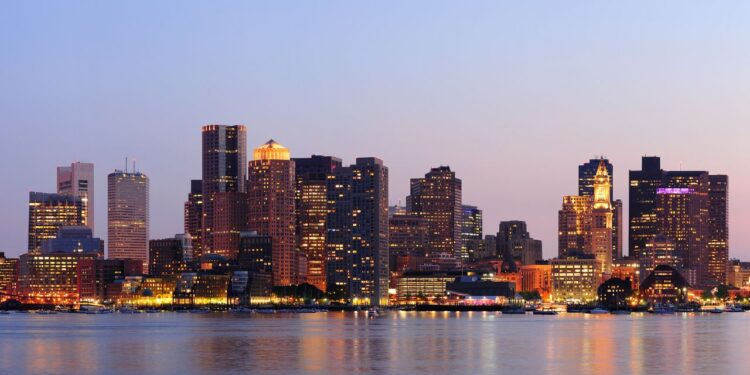The traditional five-day office work week appears to be fading in Boston. According to a recent report by The Real Deal, many of Boston’s major employers are finding it challenging to have their employees return to the office full-time. Instead, flexible work schedules and hybrid work models, where employees split their time between the office and remote work, are reigning supreme.
Jim Rooney, president of the Greater Boston Chamber of Commerce, told The Boston Globe that “flexible work schedules are here to stay,” and while he can envision a future where people return to the office full-time, he expressed to the Boston Globe that it’s “not going to happen in the short term.”
This expert opinion was backed by data from the U.S. Survey of Working Arrangements and Attitudes, which revealed that, as of August, 50.5% of full-time workers with jobs suitable for remote work were adopting hybrid models — a noticeable increase from 46.8% the previous year.
The Real Deal reports that even major tech companies like Google, Meta, and Amazon, all of which have significant presences in Boston and Cambridge, are transitioning to three-day office weeks. This move is a departure from the earlier, more stringent return-to-office policies proposed by the companies.
The trend in favor of hybrid work environments is driven by several factors. Ongoing labor shortages, especially in Massachusetts, are pushing employers to offer more flexibility to attract and retain talent. Additionally, the cost-saving potential of downsizing or subleasing office spaces and the desire to spare employees from lengthy commutes on non-essential office days are also influential, according to The Real Deal.
However, the approach to hybrid work varies across industries and companies. While some firms might be more naturally inclined towards offering remote work, traditional sectors like finance and law are exploring models that might require more in-office days. For instance, Mintz, a law firm with a presence in Boston, encourages employees to be in the office around 60% of the work week.
Like other cities across the U.S., these changes in work-life preferences are affecting Boston’s commercial real estate market. Office values in the city are reportedly declining, with recent sales for buildings like One Liberty Square, a 13-story office building, selling for a 17% drop in value compared to a decade ago, according to The Boston Globe.



 Dr. Gleb Tsipursky – The Office Whisperer
Dr. Gleb Tsipursky – The Office Whisperer Nirit Cohen – WorkFutures
Nirit Cohen – WorkFutures Angela Howard – Culture Expert
Angela Howard – Culture Expert Drew Jones – Design & Innovation
Drew Jones – Design & Innovation Jonathan Price – CRE & Flex Expert
Jonathan Price – CRE & Flex Expert











